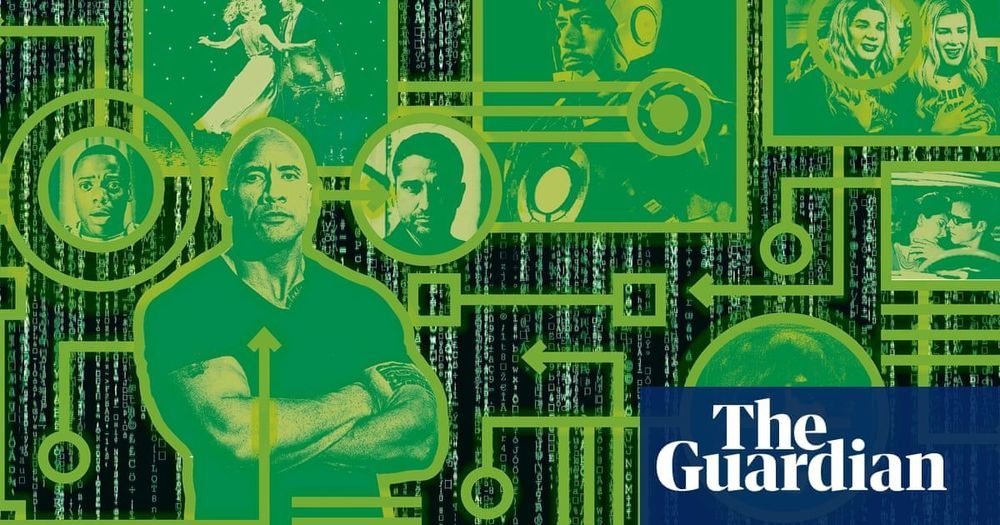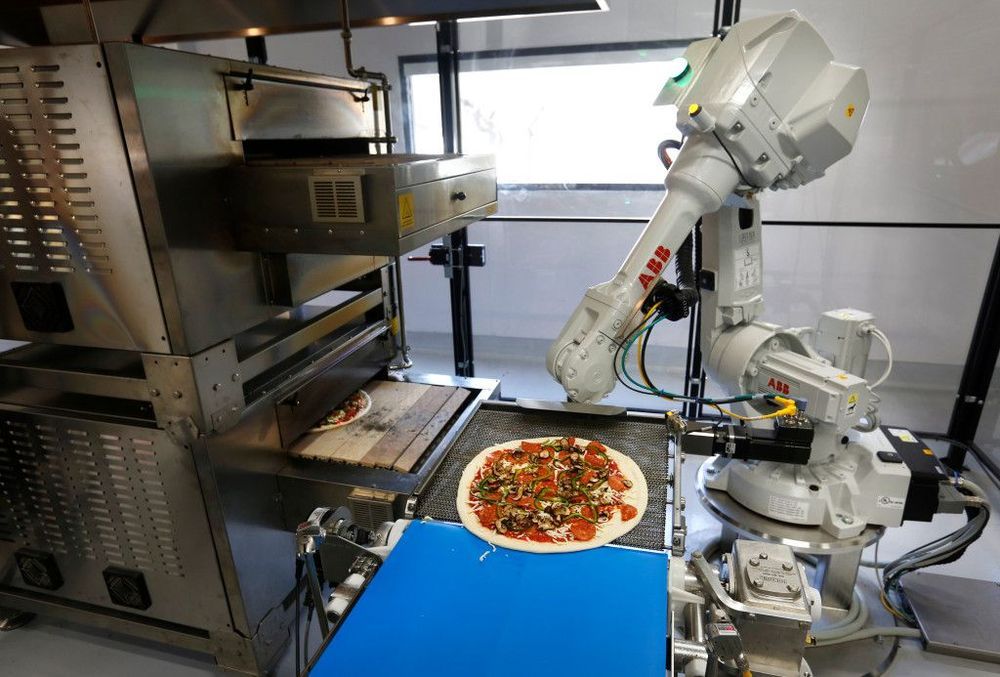Genomics and BioPharma Pioneer!! — On this ideaXme (http://radioideaxme.com/) episode, I had the honor of being joined by Dr. William Haseltine — biologist, entrepreneur and philanthropist, known for his groundbreaking work on HIV/AIDS and the human genome, now focusing on the issues of healthcare costs, dementia care, and aging — #Ideaxme #Genomics #RegenerativeMedicine #BillHaseltine #Dementia #Biotechnology #Harvard #JamesWatson #WalterGilbert #DavidBaltimore #MIT #CraigVenter #Health #Wellness #Regeneration #Longevity #Aging #IraPastor #Bioquark #Regenerage
Ira Pastor, ideaXme exponential health ambassador, interviews Dr. William Haseltine, American biologist, entrepreneur and philanthropist, known for his groundbreaking work on HIV/AIDS and the human genome.
Ira Pastor Comments:
On today’s show we have a thought leader who sits amongst a rare group of people who have been responsible for creating many aspects of the modern biopharma / genomics / regenerative medicine system as we know it today.







